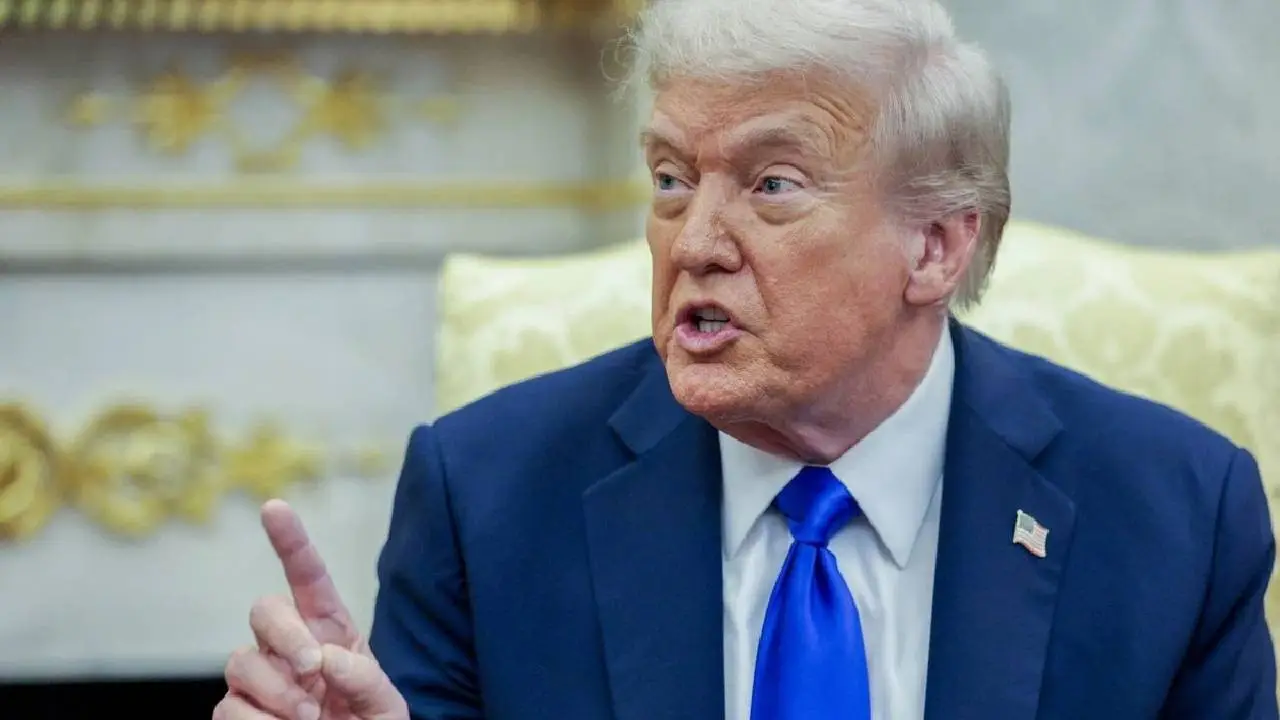
Credit:Top Indian News
International News: In a rare moment of alignment, India, Russia, China, and several neighboring countries came together to oppose Washington’s idea of deploying foreign military infrastructure in Afghanistan. The resistance came during the new round of Moscow Format talks, where multiple nations stressed that any attempt to set up foreign bases in Afghanistan would not bring peace but instead risk instability. The joint stance reflects a growing unease in Asia about America’s continued interest in Afghanistan after its troop withdrawal.
The controversy started when President Donald Trump suggested that Taliban should hand over the strategically important Bagram Airbase to the United States, since Washington had built and used it for decades. His statement raised concerns across the region, as many countries viewed it as an indirect attempt to re-establish an American foothold in Afghanistan. For India and others, such a move threatened to create new tensions and invite outside influence into an already fragile region.
Adding to the significance, Afghanistan’s Taliban-appointed Foreign Minister Amir Khan Muttaqi attended the Moscow Format meeting for the first time. His presence marked a shift, as earlier such gatherings often excluded Taliban representatives. The participation signaled both recognition and cautious engagement from regional players who see the Taliban’s role as central to Afghanistan’s future. Yet the Taliban, too, faced strong pressure from surrounding countries not to allow foreign powers to use Afghan soil for military purposes.
Beyond rejecting military bases, the countries stressed the importance of fighting terrorism together. They issued a joint call to strengthen both bilateral and multilateral cooperation against terror groups still active in the region. The statement emphasized that Afghanistan must ensure its land is not used to plan or launch attacks against its neighbors. The nations agreed that terrorism remains one of the biggest threats not only to Afghanistan but also to regional and global security.
The Indian delegation, led by Ambassador Vinay Kumar, repeated New Delhi’s consistent line: a stable, peaceful, and secure Afghanistan is essential for its people and for the wider region. India highlighted that Afghanistan’s recovery depends on long-term social and economic development, not foreign military presence. The Indian Embassy later posted on social media that Kumar had reiterated India’s support for Afghan prosperity and independence, making clear that New Delhi opposes any external domination.
Apart from India, Russia, and China, the meeting saw participation from Iran, Kazakhstan, Kyrgyzstan, Pakistan, Tajikistan, and Uzbekistan. Together, these nations form a powerful bloc of neighbors directly affected by Afghanistan’s fate. Their united voice against American plans showed a rare regional consensus. Observers noted that the collective statement underscored shared concerns about security, economic stability, and the risks of letting Afghanistan once again become a playground for outside powers.
The outcome of the Moscow Format talks was more than just a rejection of Trump’s demand; it was also a declaration that the region wants to decide Afghanistan’s path itself. By refusing foreign military infrastructure, these countries sent a strong message that Afghanistan’s sovereignty must be preserved. The joint approach indicated that regional players prefer investment, trade, and infrastructure development over military footprints. For Afghanistan’s future, the talks suggested that its neighbors would resist any return to old patterns of outside control.





Copyright © 2026 Top Indian News
